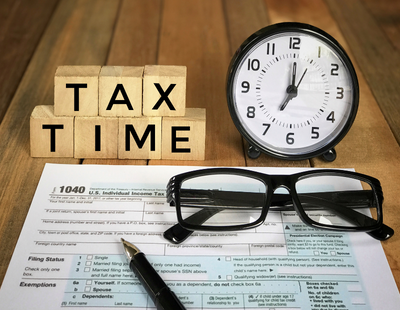
The government has been accused of pushing up the cost of home insulation because of a poorly timed public campaign.
The National Association of Property Buyers says the government’s pre-Christmas information campaign urging landlords and home owners to insulate actually accelerated demand and consequently pushed up the cost.
The association warns that wage rises and a surge in production costs - up to 20 per cent - mean consumers now face having to find hundreds more pounds.
Spokesman Jonthan Rolande says the rise in price has created an “enormous” task for ministers committed to improving energy efficiency ratings of homes to Band C by 2030.
He comments: “Whoever decided to launch that campaign in November has serious questions to answer. It was never realistic that rushing to insulate homes in late 2022 was going to work.
“The effects of increased post-pandemic demand, coupled with rising costs and wages in the sector has made insulating your home a far more costly job now than 12 months ago.
“Much like a homeowner in the Catch-22 situation of being unable to afford the upfront cost of proper insulation and so must bear long term higher bills, the government must now find more money than it otherwise would to prop up consumers via the Energy Price Guarantee Scheme.”
Rolande suggests landlords be offered tax incentives in a bid to encourage better insulation to rental properties.
“The quickest and most beneficial fix would be within the private rented sector. Around 5m homes are let in the UK and landlords currently have little incentive to insulate, leaving hard-pressed tenants to foot the bill for heating.
“This is exacerbated by the fact that often, rental homes are within older, less efficient buildings. Often the poorest and most vulnerable people rent their home.
“Why haven’t tax breaks to these landlords been offered to give an urgent reason to improve the homes of their tenants? The cost would be far less than a full subsidy and the work required to administer it, far less too.
“Well publicised clarity from the Government is now essential too, in order to explain precisely what the ambitions are and crucially, who will pay for them. Landlords need a clear reason to improve their investments.”
Parliament’s Environmental Audit Committee has recommended a “war effort” to insulate homes in 2023 – saying officials had failed to take the opportunity “during the warmer months of 2022” when it became clear that consumers would be facing a huge rise in energy costs this winter.















%20-%20IMAGE%20Client%20Accounting%20%E2%80%93%20what%20are%20your%20options.jpg)





Join the conversation
Jump to latest comment and add your reply
Conservatively its about a £500 billion black hole to get everyone to a C. Thats some tax break in a lifetime, let alone 3 years required. (not sure what relevance 2030 has)
Please login to comment